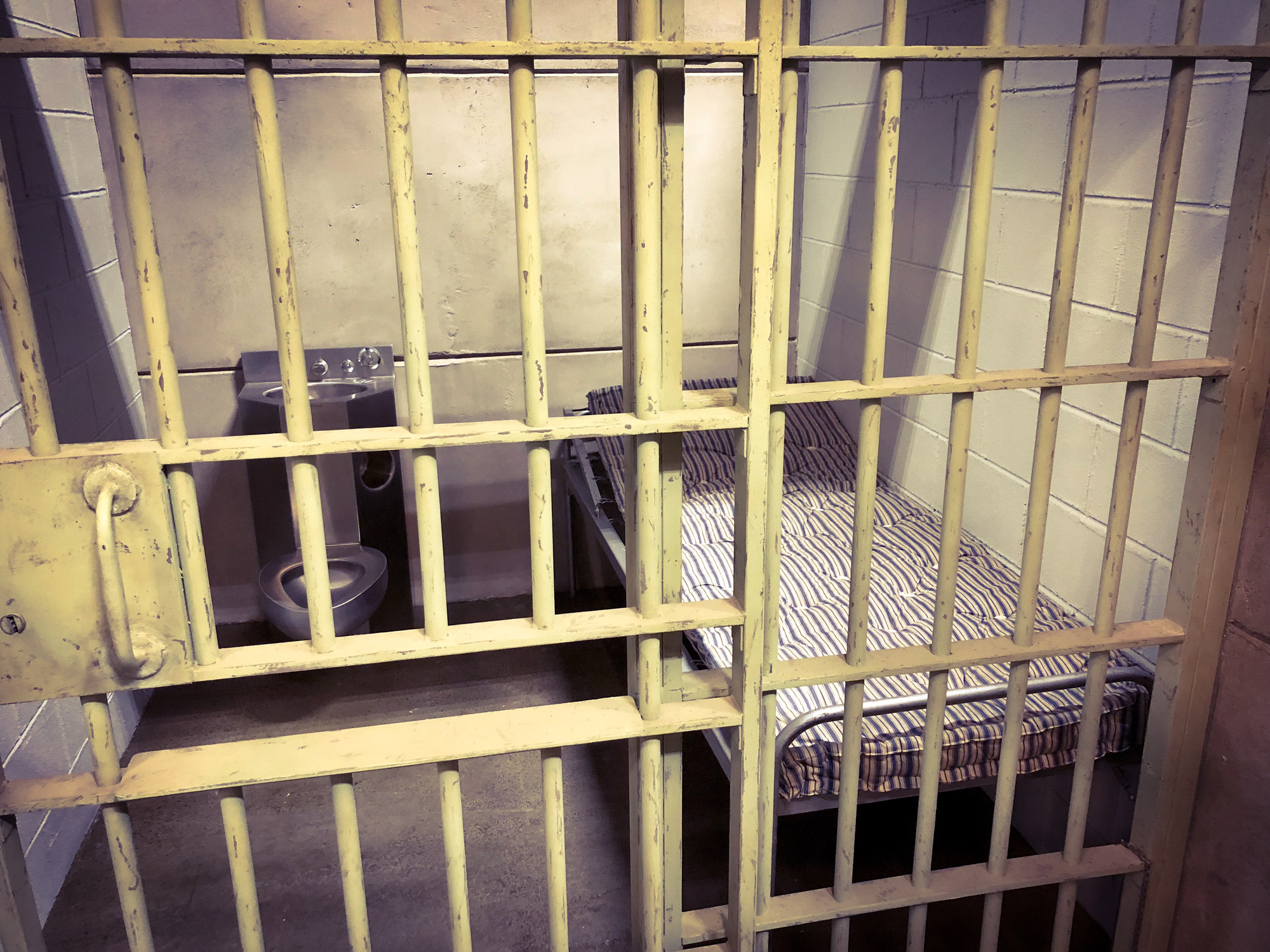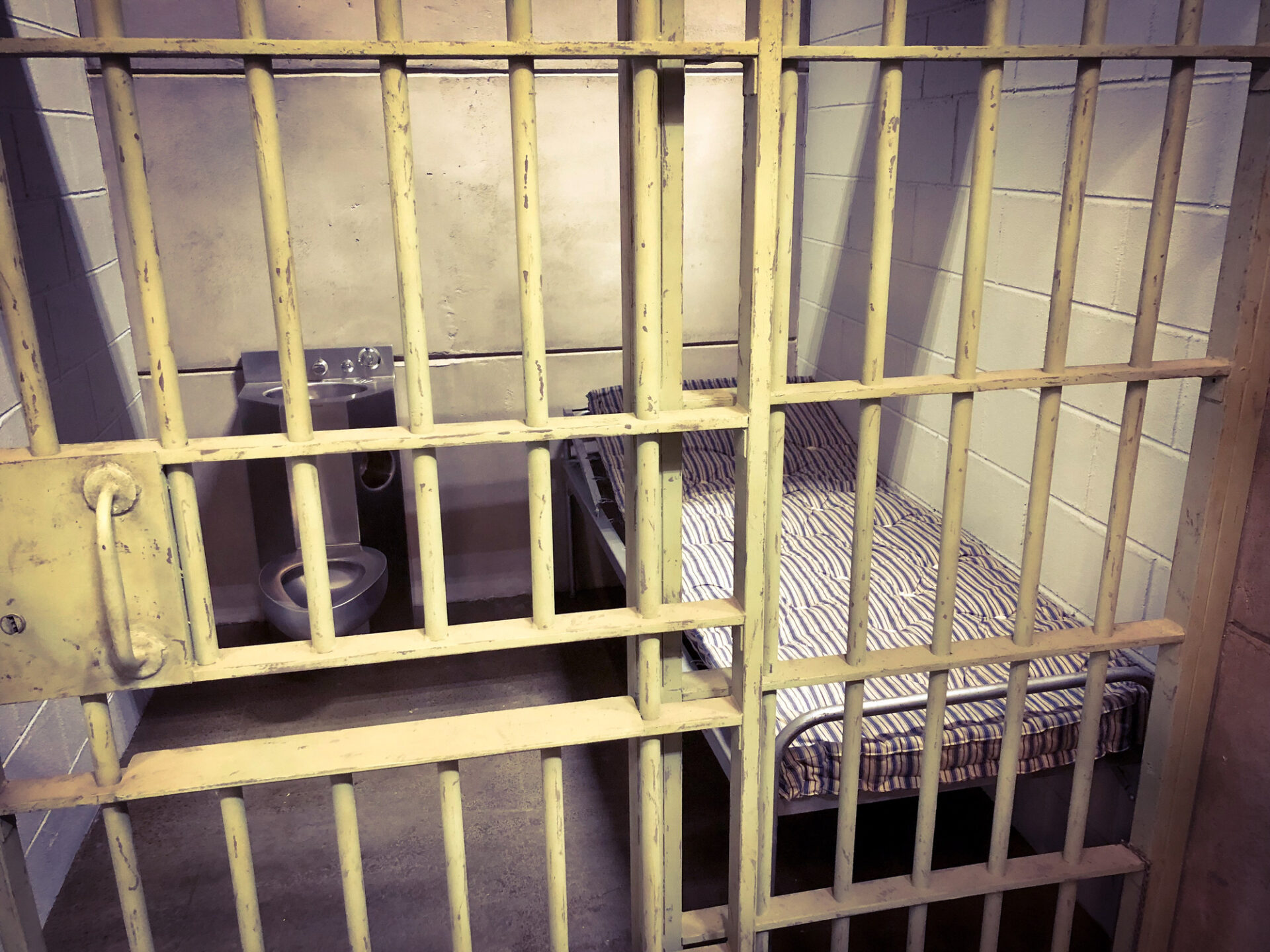It is no secret that Black people are disproportionately incarcerated in U.S. prisons and jails, but a new report reveals another burden placed on Black people within the criminal justice system.
Prison debt, the cost accumulated when people enter and stay at penitentiaries, reportedly impacts Black women the most. The debt often stems from room and board and medical expenses while detained. Axios reports that owed money entraps these women into cycles of poverty over their inability to pay it back.
The Prison Policy Initiative confirmed 37% of the local jail and state prison inmates identify as Black. With this number in mind, those handling their prison debt are often the Black women left outside.
Currently, 48 states allow charging incarcerated people with “pay to stay” fees, with 42 states legalizing room and board charges. While these fees can be subtracted from wages earned from prison jobs, the low pay typically doesn’t cover the cost.
Most are expected to pay off these debts shortly after their release, or have their families pay it down. However, wages also significantly drop once someone is released, with the numbers even lower for women. According to a survey by the Fine and Fees Justice Center, Black women account for 83% of those paying off these fees.
Advocacy group Campaign Zero collected this data on the lesser-known issue of paying off prison debt. Their findings revealed how this impacts Black families and other families of color, especially considering the systemic incarceration of these groups.
“We were the first to put this issue on the map — people were talking about mass incarceration, but no one was talking about families having their college funds and inheritances seized,” said Brittany Friedman, a USC sociologist and consultant for Campaign Zero.
Incarceration fees were enacted in the 1970s as a way to alleviate the costs of jails within state budgets. The cost of prison was then placed on the prisoner and their families. These fees range beyond room and board, with some even accounting for public defenders, probation supervision, and phone calls.
The debts usually pile on, leaving probation officers or debt collectors to get the money back. These methods also end up using taxpayer dollars to recover the fees. In fact, the fees end up costing more than they bring in. This inefficiency and ethical concerns have led to new legislation from a few states that eliminate or waive these fees, crushing Black families.
RELATED CONTENT: Family Seeks Justice After Corrections Officers Break Inmate’s Neck, Starve Him to Death



